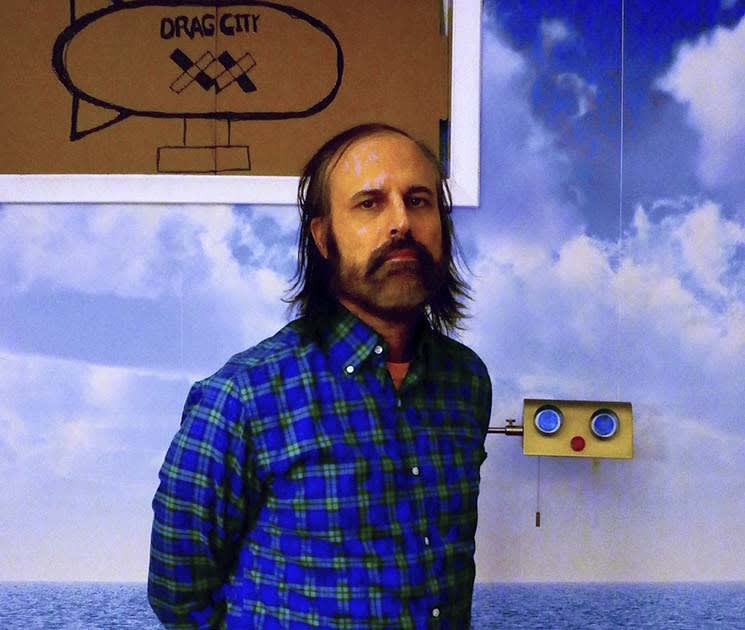David Berman cared too much.
The esteemed American poet, musician, singer and songwriter ended his own life on August 7, leaving family, friends and fans shattered when the news broke.
My love of Berman's work in Silver Jews spans almost three decades, from hearing his earliest records when I was in high school in the early '90s, to when I became a music writer and had the rare opportunity to review his albums and speak with him for Exclaim!
Like my impressions of his songwriting, interviews and interactions with David were unlike any I've ever had. His language was precise and sophisticated, but it was also plain and easy to comprehend. He was very funny. He spoke honestly and candidly about his own practice, insecurities and struggles, but was also blunt about the strengths and weaknesses of others in his field.
A master of his forms, which were of the highest order — intellectually, emotionally stimulating melodies and poetic phrases — Berman was rather inclusive, but also demanded excellence from a dreadfully imperfect world. When he retired Silver Jews in 2009, he insisted that, at 41, he should make room for another generation of artists. Of course, none emerged like him. No one could even try to copy him; he was so distinctly his own force.
With him gone, it's up to us to get beyond pondering the chemistry in his wonderful mind and why he was taken from us only a few months into emerging from a ten-year exile, as Purple Mountains, with a haunting, acclaimed album of the same name. His music and books on his label home, Drag City, remain worth puzzling over, though as clues, they're now colder. A reclusive enigma, David Berman always seemed to haunt us. With his passing, it feels like the haunting has truly just begun.
The esteemed American poet, musician, singer and songwriter ended his own life on August 7, leaving family, friends and fans shattered when the news broke.
My love of Berman's work in Silver Jews spans almost three decades, from hearing his earliest records when I was in high school in the early '90s, to when I became a music writer and had the rare opportunity to review his albums and speak with him for Exclaim!
Like my impressions of his songwriting, interviews and interactions with David were unlike any I've ever had. His language was precise and sophisticated, but it was also plain and easy to comprehend. He was very funny. He spoke honestly and candidly about his own practice, insecurities and struggles, but was also blunt about the strengths and weaknesses of others in his field.
A master of his forms, which were of the highest order — intellectually, emotionally stimulating melodies and poetic phrases — Berman was rather inclusive, but also demanded excellence from a dreadfully imperfect world. When he retired Silver Jews in 2009, he insisted that, at 41, he should make room for another generation of artists. Of course, none emerged like him. No one could even try to copy him; he was so distinctly his own force.
With him gone, it's up to us to get beyond pondering the chemistry in his wonderful mind and why he was taken from us only a few months into emerging from a ten-year exile, as Purple Mountains, with a haunting, acclaimed album of the same name. His music and books on his label home, Drag City, remain worth puzzling over, though as clues, they're now colder. A reclusive enigma, David Berman always seemed to haunt us. With his passing, it feels like the haunting has truly just begun.
